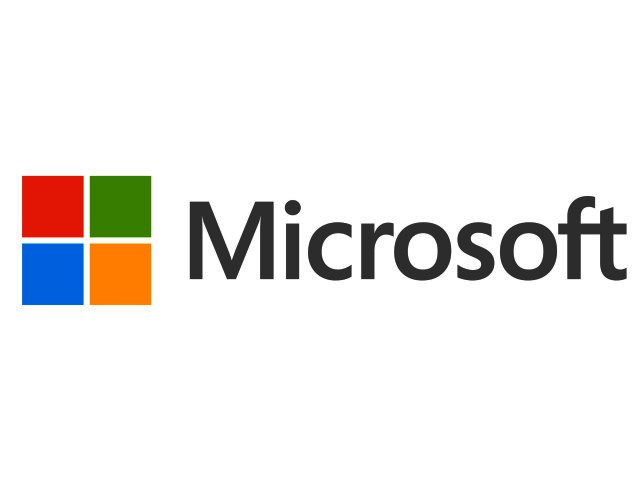Windows Server 2003 was a phenomenal server system during its time; so much so that it has gone on to power the IT infrastructure of businesses around the globe over the course of its 11 year lifespan. This immensely popular server system has become the computing resource used for an array of mission critical enterprise applications including email and data servers, and currently accounts for nearly two out of every five computer systems that run Windows Server.
“This means that there is an estimated 23.8 million instances of Windows Server 2003 operating on 11.9 million physical servers around the globe. The shock value of this statistic resides in the fact that this is the case despite IT managers worldwide being aware that Microsoft will no longer be issuing security updates, automatic fixes, or online technical assistance for any version of this server system as of 14 July,” says Leon Wright, Cloud & Enterprise Business Group Lead at Microsoft SA.
Wright explains that on this date, the extended support for this system comes to an end, resulting in business-critical apps potentially being compromised, as it becomes easier for cyber criminals to compromise or gain access to user systems. This as an example could result in criminals gaining unauthorised access to your private and corporate information and leaving you or the organisation potentially vulnerable. The continual use of Windows Server 2003 after 14 July might also result in organisations not being able to meet certain regulatory and compliance requirements like PCI.
As one door closes, the window of opportunity opens
Businesses that are still running Windows Server 2003 in their datacentres should be planning and executing a migration strategy to move to a modern server system such as Windows Server 2012 R2, Microsoft Azure, and Office 365.
This will not only assist these companies in protecting their infrastructure but will also safeguard their user data, it will also enable them to experience improved performance, help reduce maintenance requirements, and allow for a boost to their organisational agility, mobility, and speed of response of the business. Ensuring smooth application migrations is one of the most important criteria and Microsoft has the solutions to assist. customers and partners.
Windows Server 2012 offers a scalable platform to support the way business is being done in the cloud-first, mobile-first era, whilst Office 365 brings together familiar Microsoft Office desktop applications with business-class email, shared calendars, instant messaging, HD video conferencing, as well as file sharing in a cloud-based service.
After 11 years of service, Windows Server 2003 has made up a reliable part of many organisations’ IT infrastructure. The time has finally arrived for companies to migrate away from the ageing server system that has now become as dated as the cameraphones that were in vogue at the time of its launch.
Beyond the threats and risks associated with the termination of extended support for Windows Server 2003, the real motivating factor for businesses to migrate should be the modernisation of their infrastructure and the realisation of the benefits that will be unlocked by this migration including the ability to capitalise on opportunities and solve issues that come about in the digital era and its modern business trends like cloud, mobility, big data and social.





